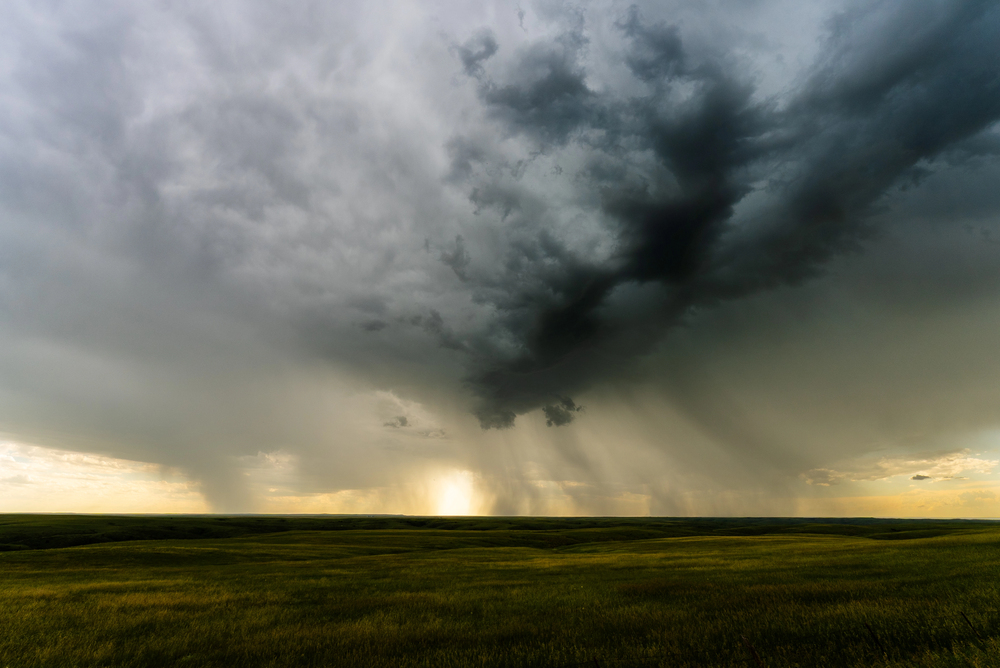What Homeowners Should Know About Renting Their Property on Airbnb

By: Caryn Mahoney
Some people might think renting out a room in their house through a vacation rental site like Airbnb or Vrbo is a great way to make some extra money. What they might not be thinking about is that a typical homeowners policy doesn’t provide coverage for this exposure if it is considered a “business” as defined in the policy, which can exclude renting out the house on more than an occasional basis or making above a certain amount of income from the rental.
Some homeowners carriers may be willing to add an endorsement for this exposure, but even with an endorsement, theft of either the renter’s or the homeowner’s personal property may be excluded. Some homeowners carriers may decide that they don’t want this exposure at all, even going so far as to canceling the policy.
Then there are tenants in a home or condominium who think that renting out a room or their entire rented property might be a way to make some extra money. Renters policies have a similar business pursuits exclusion and, depending on the terms of the lease and condo declarations, there are further potential issues.
Given the increase in people offering rooms or entire homes on vacation rental sites, it is not a bad idea to ask homeowners clients if they plan on renting out their home or any part of their home. Errors & omissions claims that allege the agent had a duty to advise of the proper type of insurance for rental properties are common.
If a homeowner or tenant wants to rent out a room or an entire property, they should consider obtaining a separate short-term rental policy to cover property rented for less than 30 days at a time.
Typically, if a client has a secondary home that they wish to rent to others for more than 30 days at a time, they will purchase a dwelling or landlord policy, which will be much more expensive than short-term rental insurance. While a dwelling or landlord policy provides coverage for a full-time tenant, there may be an exclusion for short-term rentals.
Airbnb offers complementary host liability insurance that provides up to $1 million in liability and damage protection. However, there are many limitations to this coverage. Per Airbnb’s website, the exclusions include assault and battery, communicable disease, liquor liability and personal injury. In addition, the insurance is written by a non-admitted carrier. Therefore, if there is a claim, there might not be the same level of service that would be expected from a standard insurance carrier.
In 2017, a couple rented out their home in Sonoma, California, through Airbnb, and it burned down. The fire report noted non-code electrical work near a wooden outdoor deck, and two renters admitted they were smoking on the deck about an hour before the fire started.
The estimate to rebuild was $1.8 million. The couple’s property insurance carrier paid $600,000, but the couple did not receive the $1 million they were counting on from Airbnb’s host liability insurance. After a local news channel investigated the story, a confidential settlement was reached between Airbnb and the homeowners.
The Airbnb website includes an explanation of its complementary “AirCover for Hosts,” which it describes as “Top-to-Bottom Protection.” However, the website clarifies that AirCover for Hosts “is not a substitute for personal insurance.”
Regarding damage protection, the host will be reimbursed “for certain damage caused by guests … if the guest does not pay for the damage.” Within that, there is a requirement that the homeowner seeks repayment from the guest first. AirCover for Hosts also includes liability insurance “in the unlikely event that you’re found legally responsible for a guest being hurt or their property being damaged or stolen during an Airbnb stay at your place.”
With the popularity of vacation rental sites such as Airbnb and Vrbo, agents must make sure that the coverage is correct for this type of use and occupancy. Although vacation rental sites may state that their coverage is primary, clients should be made aware that this complementary coverage should not be relied on as their sole source of protection.
Caryn Mahoney is a claims specialist employed by Swiss Re Corporate Solutions America Holding Corporation. Insurance products are underwritten by members of the Swiss Re group of companies (“Swiss Re”).
This article is intended to be used for general informational purposes only and is not to be relied upon or used for any particular purpose. Swiss Re shall not be held responsible in any way for, and specifically disclaims any liability arising out of or in any way connected to, reliance on or use of any of the information contained or referenced in this article. The information contained or referenced in this article is not intended to constitute and should not be considered legal, accounting or professional advice, nor shall it serve as a substitute for the recipient obtaining such advice. The views expressed in this article do not necessarily represent the views of Swiss Re and/or its subsidiaries and/or management and/or shareholders.










